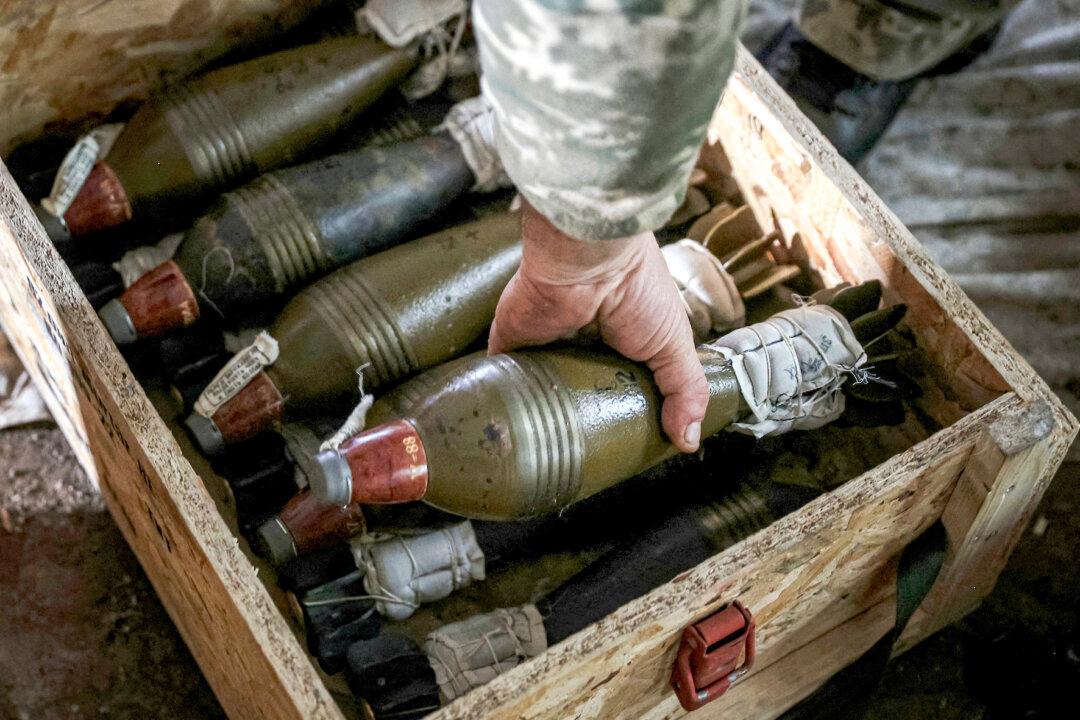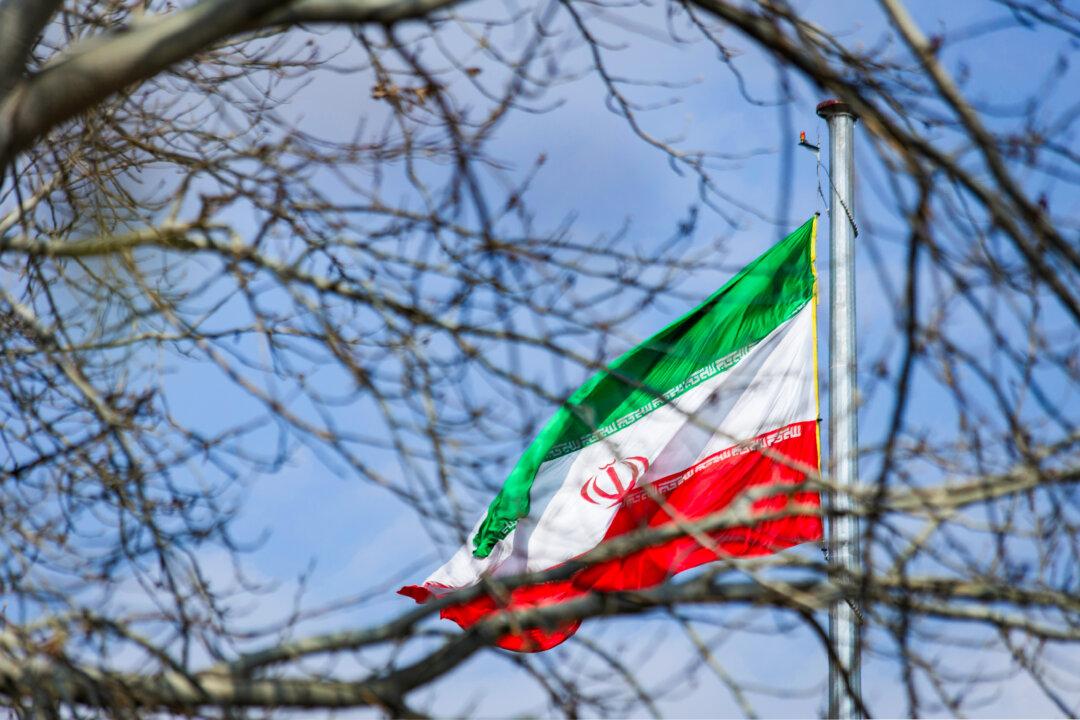Commentary
During an interview on Tuesday, March 5, 2024, Brigadier General Amit Sa’ar of the Israel Defense Forces (IDF) disclosed that he penned a letter intended for Prime Minister Netanyahu just before Oct. 7, 2023, cautioning “that Iran, Hamas, and Hezbollah recognized an opportunity to attack Israel ... due to internal conflict ... as well as the level of readiness of the IDF at the time.” His reflection, which focused on military preparation, domestic politics, and international threats, should be taken as a warning for the United States.






